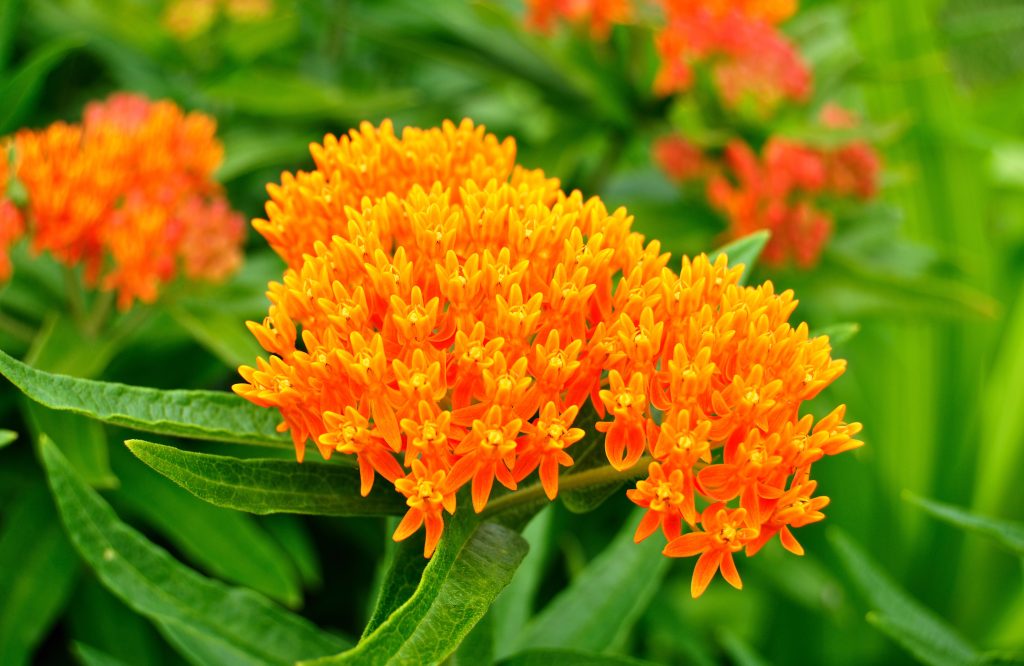
Your yard is more than just a bunch of plants and patio furniture. It is a living ecosystem in which numerous plants and animals interact in order to create a dynamic atmosphere for them all to thrive. As the homeowner, you are the steward of this little ecosystem and you can take actions to make your yard a better place to live for helpful species while warding off destructive pests. Here are four helpful animals you want living in your yard or garden.
Birds
Bird song is the pleasant background noise found in most New Jersey backyards, but it is easy to overlook just how helpful our avian friends really are. Birds provide natural pest control by eating numerous insects, including those that can harm your backyard garden or even your family, like aphids and mosquitos. Larger birds, like owls and hawks, can even take a bite out of any rodent problems persisting in your neighborhood. Other birds, like hummingbirds, can benefit your garden by pollinating your plants.
On top of all of this, birds bring beauty to your yard and can provide entertainment through the fulfilling hobby of bird watching. You can attract more birds to your yard for pest control, pollination, and entertainment purposes by putting out a bird feeder, installing a birdbath, hanging bird houses or nest boxes, and by planting native plants. For questions on your native landscaping options, contact Giovine Landscaping.
Bees and Butterflies
Hummingbirds are not the only beneficial pollinators you want flying around your yard; bees and butterflies are essential for any successful garden. Bees, in particular, pollinate numerous human food crops that you may have in your backyard garden, including many fruit and vegetable plants. Butterflies are also very important pollinators, essential to helping flowering plants reproduce. In order to attract these two helpful insects, plant a diverse mix of flowering plants (especially native plants) and avoid the use of pesticides. If you want to attract a specific butterfly species, such as the iconic and endangered monarch butterfly, look into what flowers that specific species enjoys. Monarch butterflies, for instance, rely on a plant called milkweed for breeding and gathering nectar.
Bats
Bats are highly misunderstood animals that have been unfairly villainized for millennia. They are often associated with vampires, but the bat species present in New Jersey does not drink blood. They do eat the real vampires, though: mosquitoes. One bat can eat up to 1,000 mosquitoes in an hour. Attracting bats to your backyard reduces the number of harmful mosquitoes and other biting insects in the vicinity.
Bats are not aggressive and do not pose a serious health risk to humans unless they roost inside your house and their droppings are allowed to accumulate. It should also be noted that less than one percent of bats contract rabies, which is much lower than other mammals. Mosquitoes, on the other hand, regularly spread disease through their bites and kill more people than any other species on the planet. To attract these nocturnal exterminators, consider installing a bat box on your property 15 feet off the ground, near water, and in a location where the box will receive sunlight.
Worms
Worms certainly are not the most cuddly critters on the planet, but they are very important for the health of your garden. Worms perform two essential functions in your backyard: they break down organic matter into compost and they aerate the soil. Worms process organic material and turn it into nutrients that your lawn and other backyard plantings rely upon. Worms improve soil by creating tunnel systems that help air and water flow more easily. This process is called aeration. Aeration helps your plants get the nutrients they need to survive and thrive. In order to attract worms to your yard, set up a compost pile and compost your plants regularly.
Giovine Landscaping Can Help You Attract Helpful Animals to Your Garden
If you are interested in attracting these and other helpful animals to your garden, we can help! The experts at Giovine Landscaping will work closely with you to help you develop every aspect of your garden. Reach out for all your landscaping needs!
